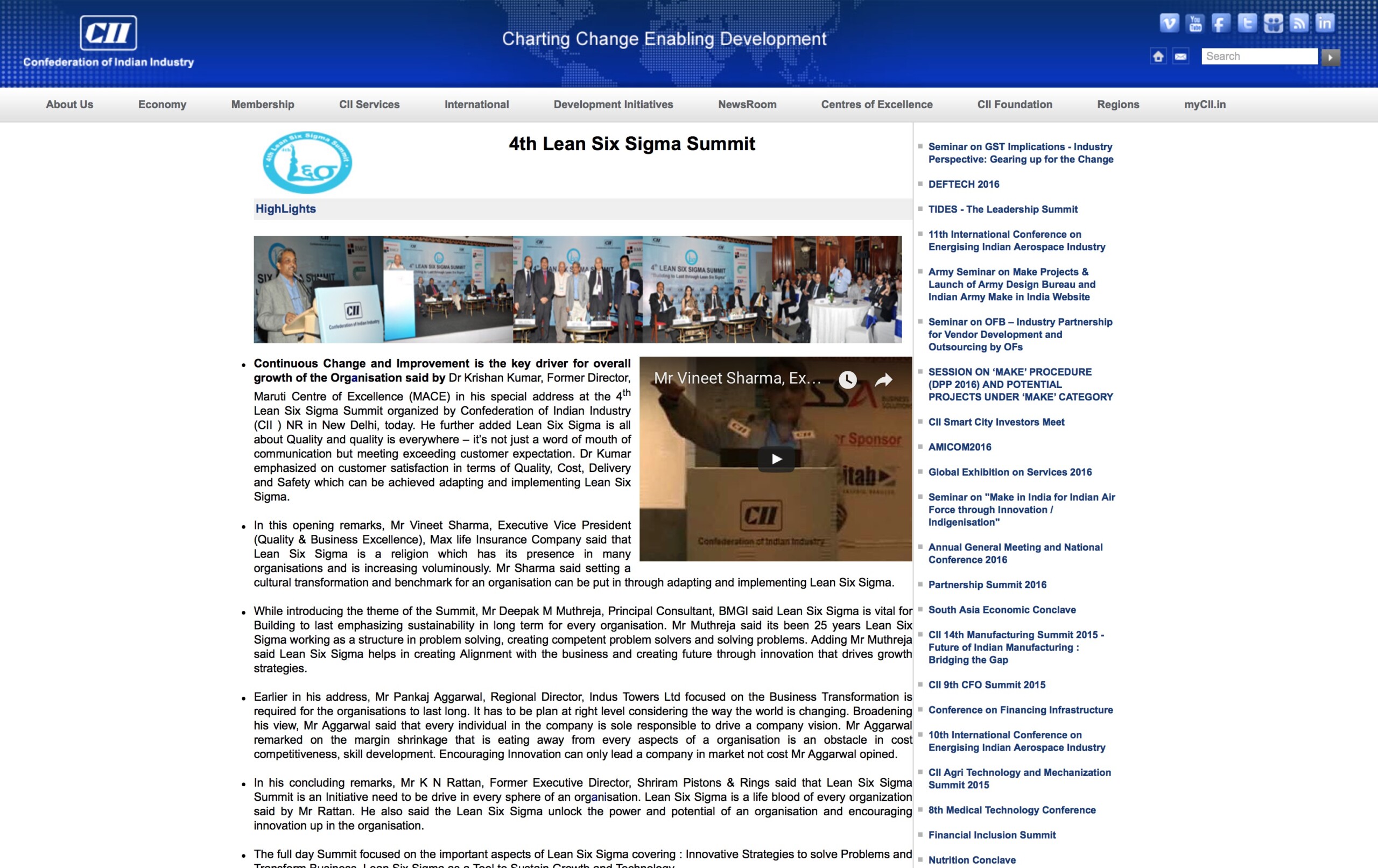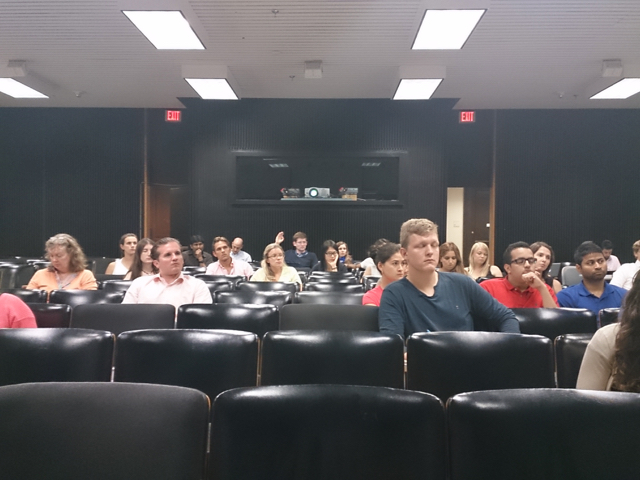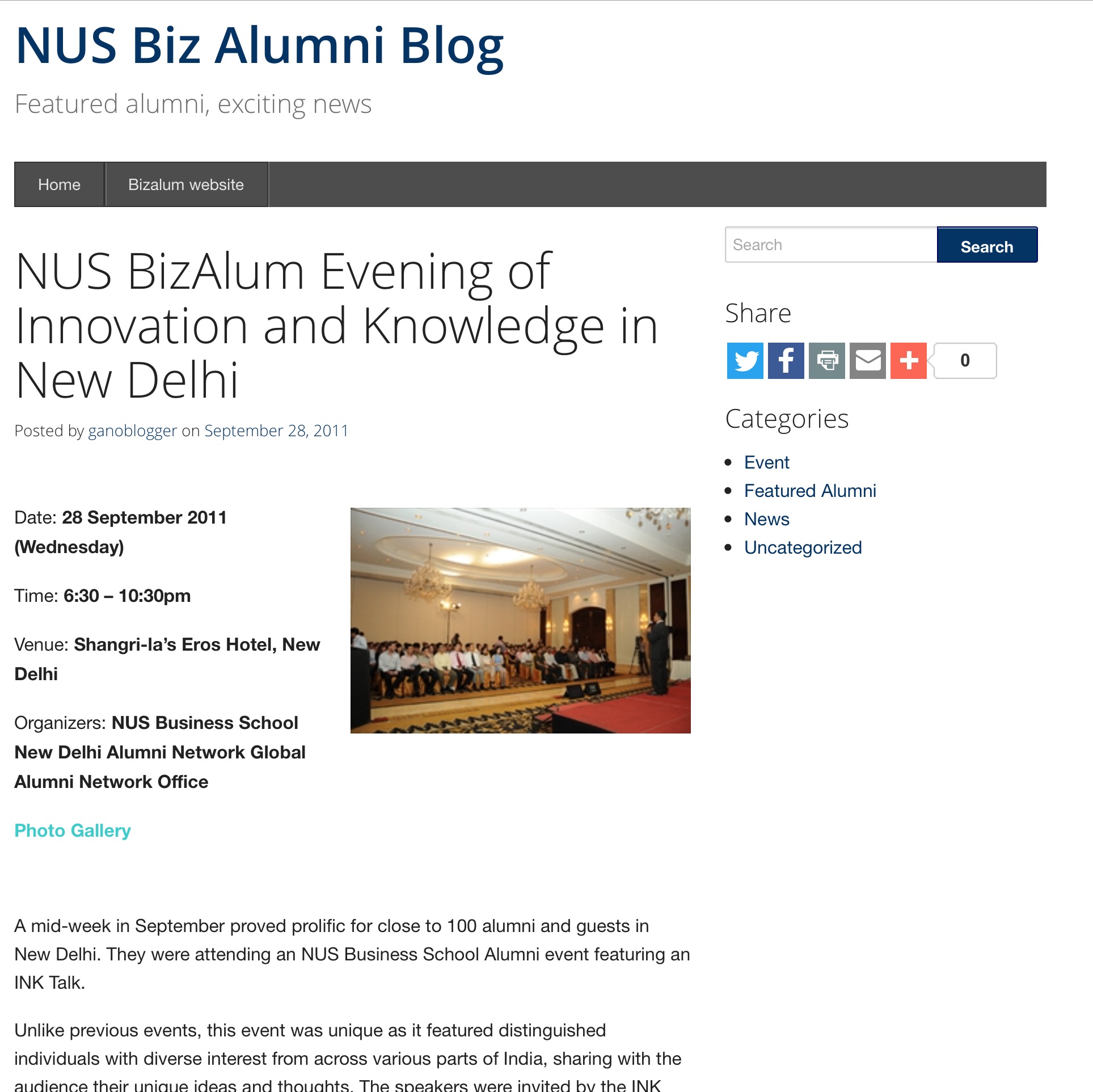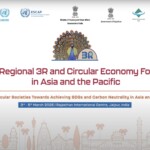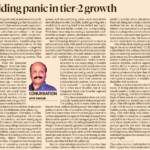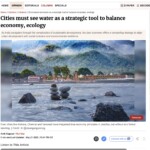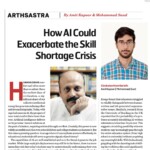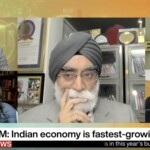Dr. Amit Kapoor chaired the session at the CUTS – CCIER Biennial Conference organised on December 2, 2019 at The India International Center, New Delhi.
Developing economies have a rapidly enhancing user base for data driven services. They are also one of the biggest sources of user data, analysed to offer customised services, and retain consumers, by large internet firms. It is believed that lack of access to user data may disincentivise innovation and potential competitors. Most users in developing economies are unlikely to be aware of their rights in online economy and mechanisms to enforce them. Developing economies are also more likely to have evolving regulatory and competition regimes, hitherto susceptible to vested interests and government pressure. They also need to promote domestic enterprises and ensure creation of decent livelihood opportunities. Any possible response by developing economies to online economy will need to take into account all these factors.
Few questions in this regard are:
- What are the unique features in developing economies which can be leveraged to formulate appropriate response to challenges posed by online economy? How can online economy be used to contribute to sustainable development in developing economies?
- What are key shortcomings of regulatory and competition regimes in developing economies which may have hindered designing and implementation of appropriate responses to online economy? How could these deficiencies be addressed? How could users be appropriately empowered to exercise their rights and responsibilities in online economy, which could contribute to furthering sustainable development?
- Developing economies have started to take initial steps in regulating online economy. Some measures include: creating dedicated regulatory agencies on privacy and data protection4; restrictions on cross border data flow5; unilateral actions to tax digital firms6; reviewing intellectual property regimes7, etc. Are these steps in right direction or motivated by vested interests? Additional issues with which digital economies are grappling with include: can data be considered as essential facility, can network effects constitute barriers to entry, etc. What frameworks can be designed to guide developing economies navigate these issues?
- Developing economies are dealing with their unique set of challenges, such as: ensuring creation of adequate income generation opportunities, promote domestic small and medium enterprises, reduce inequality, etc. Does the online economy provide a new opportunity for developing economies to meet their goals? Or, are such problems likely to exacerbate in online economy? Should the nature of regulation in developing countries differ from advanced economies on account of these challenges?

